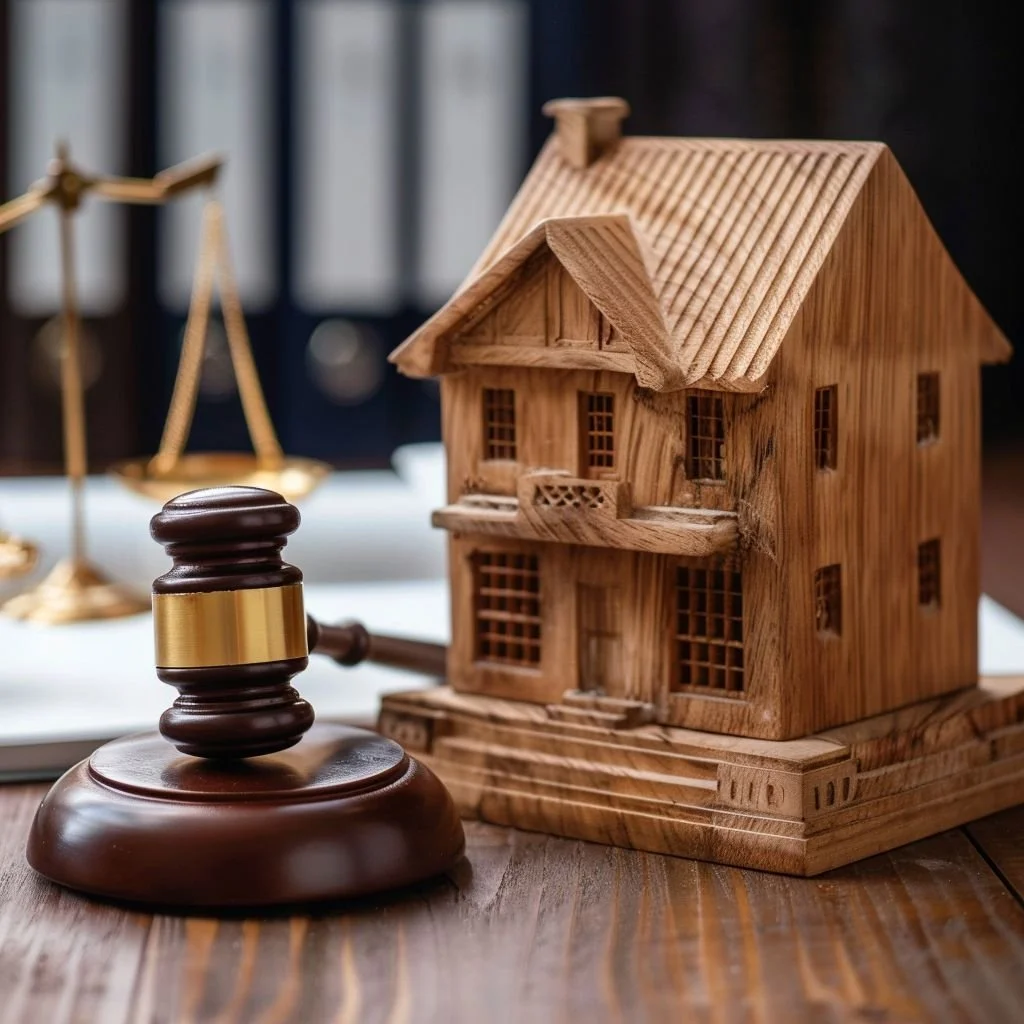Who is Responsible for Cleaning a Rental Property After Death in the UK?
The death of a tenant in a rental property come with both emotional and logistical challenges. The issue we will focus on in this article is who handles the cleaning of the property after the tenant has passed. In the UK, this is not as straightforward as it may seem. It all depends on several factors, such as the nature of the tenancy agreement, circumstances of the death and legal obligations.
Tenant's Responsibilities
A tenant that has a clear next of kin or executor usually bares the responsibility for handling the deceased estate. This means that the next of kin or executor will need to remove personal belongings and ensure the property is in a reasonable condition. But, this does not necessarily extend to the bio-hazard cleaning of the property as this will need specialist cleaning. But if the tenants estate has enough funds to cover the costs for the cleaning service, they may be liable to pay.
Landlord's Responsibilities
The landlord handles keeping the property in a habitable condition. This includes making sure the property is clean, hygienic and safe for future tenants. If the death has resulted in a large amount of bio-hazardous material and contamination, the landlord must hire professional cleaning technicians to conduct an after death clean. But, in some cases the tenants next of kin or executors may pay for this if they have the funds from the estate to do so.
But, if the deceased tenant left the property in a state of disrepair and in a unhygienic state before their death, their next of kin or executor could be liable to pay for the portions of the extreme cleaning which were caused before the tenants passing.
Legal and Health Implications of a Death in a Property
Professional cleaning must be conducted as it is a legal requirement for a property to be safe and habitable. Certain types of deaths, especially ones that have been unattended for an extended period of time will lead to extreme health hazards. These must be rectified to a proper standard before the property is rented out again. This is why a professional cleaning team must be hired to conduct the clean. If you yourself attempt the clean, you will not do as thorough a job or a correct job compared to someone who has been trained in this type of cleaning. If these standards are not met, you could suffer legal consequences.
There is no fixed law or guideline on who handles the cost for the cleaning after a death within a rental property. This is something that should be discussed between the landlord and next of kin/executor of the deceased tenant. If an agreement is made you will have your answer, this is a conversation that must be had between both parties. If you believe you have been unfairly treated with a bill that you believe you should not pay for, the legal route may have to be taken to get the outcome you desire.
As the next of kin or executor, you will have to clear and remove the deceased personal belongings yourself. You may even have to pay out for more cleaning if the deceased tenant did not follow their tenancy agreement and keep the property in a habitable condition.
As a landlord, your responsibilities of making the property habitable again after the tenants belongings have been removed must be met. You cannot remove the deceased tenants belongings from the property before getting in contact with the next of kin/executor. If the next of kin or executor refuses to remove these items, you may do so. But we recommend agreeing upon a deadline with the next of kin/executor to remove said items.
The main point which cannot be ignored, is that a professional cleaning team must conduct the clean. You cannot carry this kind of work out yourself as it is extremely dangerous and the room for error is extensive. If you need an after death cleaning team, or are interested in the services we offer, please click the button below.




